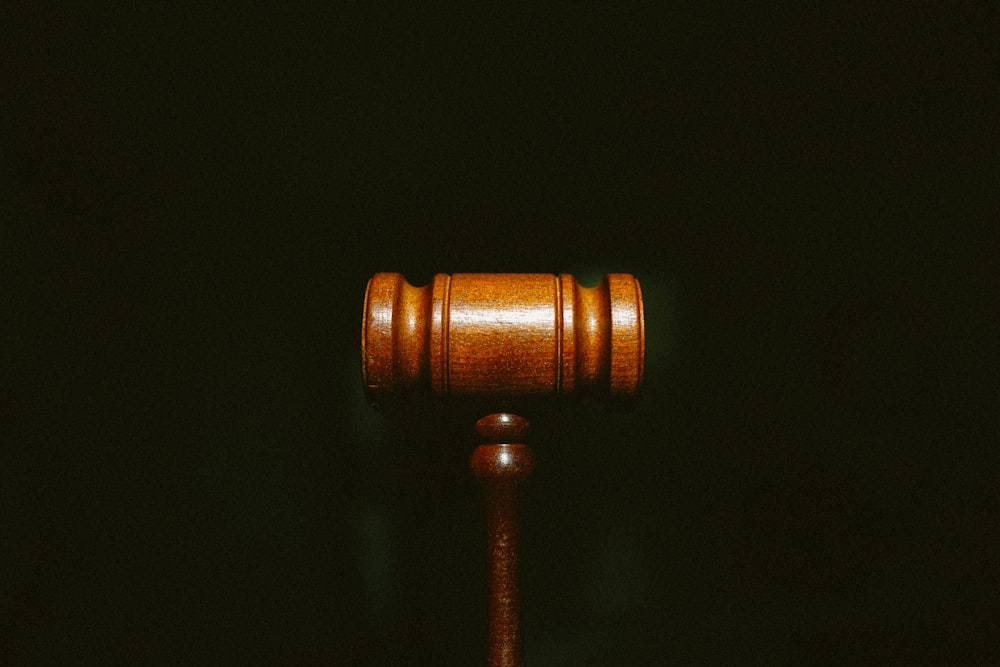
If you’ve been injured at work, your initial focus will understandably be getting medical attention and recovery. However, another crucial action needs your immediate attention, as soon as you’re able to give it: preserving evidence. A good personal injury attorney can tell you that evidence gathered in the early stages of your case will often prove very important in achieving justice for you.
The Importance of Preserving Evidence in a Work Injury Case
Work injury cases depend on establishing the cause and extent of your injuries, as well as demonstrating the link between those injuries and your workplace environment. Various types of evidence can support these claims, including:
Physical Evidence
This could be anything from damaged equipment to malfunctioning machinery, defective products, or hazardous substances that were involved in the accident.
Medical Records
Comprehensive documentation of your injuries, diagnoses, treatment plans, and ongoing medical needs serves as vital proof of the harm you sustained because of the injury.
Witness Statements
Accounts from coworkers or any other individuals who may have witnessed the accident can corroborate your story and provide valuable details that you might not even be aware of from your vantage point; some of which may not show up even on a video feed of the incident.
Document your communication with supervisors or colleagues regarding potential safety concerns or hazards faced while working remotely. Keep detailed records of your work hours, tasks performed, and any incidents that might be linked to your injury.
Photographs and Videos
Visual documentation of the accident scene, your injuries, and any relevant equipment or conditions can offer compelling evidence. These can be photos or videos taken after the fact or video surveillance that captured the incident as it occurred. Take photographs of ventilation systems, storage areas, or equipment suspected to be involved.
Employer Records
Accident reports, incident logs, safety protocols, complaint records, and training documents all could reveal contributing factors or discrepancies in the official narrative. Request copies of safety data sheets for relevant materials and gather any environmental monitoring reports, if available.
From a Personal Injury Attorney: Preserving the Evidence
The importance of prompt action cannot be overstated. Memories fade, evidence deteriorates, and witnesses become harder to reach with time. Offices and factories need to be cleaned up, so work can continue, and, in some cases, employers may even attempt to hide evidence to minimize their liability. Taking immediate steps to secure and preserve evidence is crucial.
Inform your supervisor and follow the company’s established protocols for reporting work-related injuries. If permitted, take photographs or videos of the accident site, damaged equipment, and any visible injuries you sustained. Obtain contact details of any individuals who witnessed the accident and encourage them to write down their recollections while details are fresh. Promptly visit a healthcare professional and request detailed documentation of your injuries, diagnoses, and treatment plans.
Consult With a Work Injury Attorney
This should be one of the first steps you take, and it’s an important one, even if your employer has worker’s comp. If you have any suspicion that your injury was caused by something your employer did or failed to do, or if you suspect your employer might try to hide evidence, it’s even more important to get with an attorney as soon as possible so they can get to work preserving evidence on your behalf.
Your attorney will also ensure your rights are protected during the investigation and claims process. Check out this site to learn more about a qualified local work injury attorney.
The Power of Evidence
Strengthening Your Claim
Solid evidence bolsters your credibility and paints a clear picture of the circumstances of your injury. It can refute potentially inaccurate company reports or contradictory claims from other parties.
Maximizing Compensation
By demonstrating the full extent of your injuries and their connection to your work environment, you can secure fair compensation for medical expenses, lost wages, and potential future care needs.
Holding People Accountable
When evidence points to negligence or safety violations by your employer or another party, it can pave the way for holding them accountable, establishing legal precedent for future cases, and contributing to a safer working environment for everyone.
Investing in Your Future
Preserving evidence is about protecting your rights, securing your future, and ultimately achieving justice. Empower yourself to navigate the legal process effectively and fight for the compensation you deserve by taking proactive steps to gather and preserve the evidence you need, including talking to a lawyer who can help you understand what’s needed and go to work gathering it on your behalf if necessary.
By seeking guidance from experienced legal professionals, you can effectively build a strong foundation for a case that will see wrong righted and your losses compensated for.


